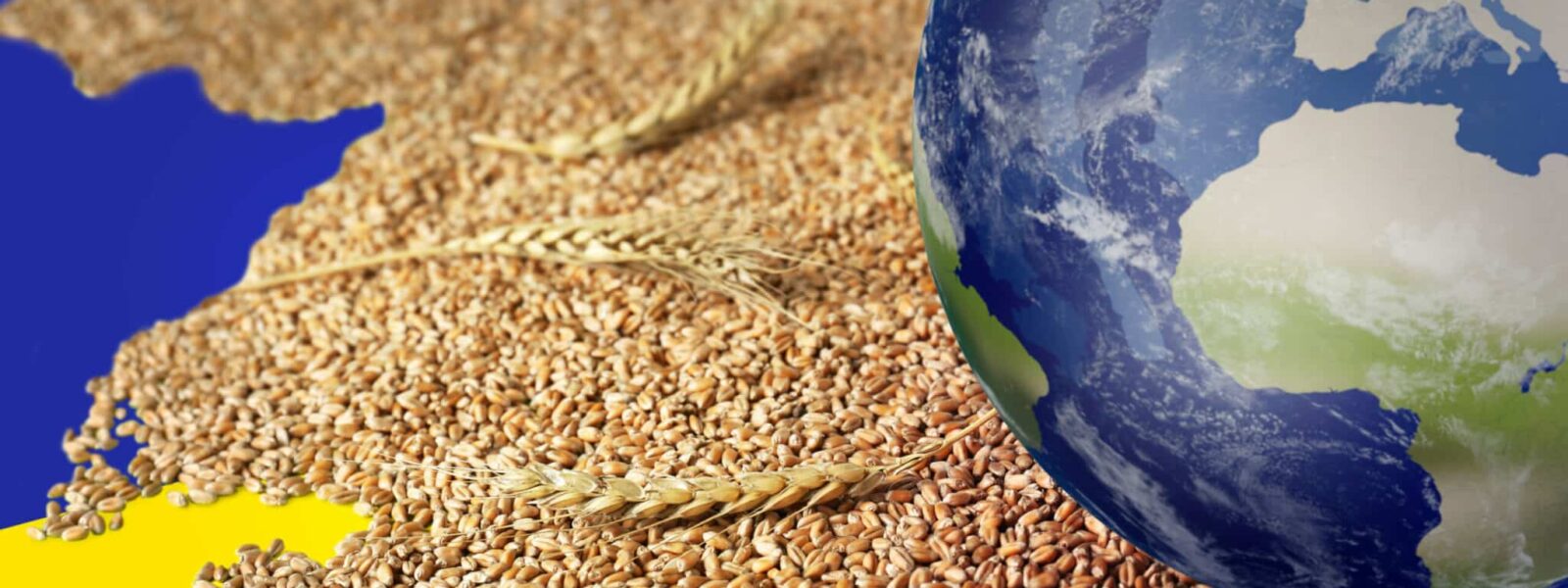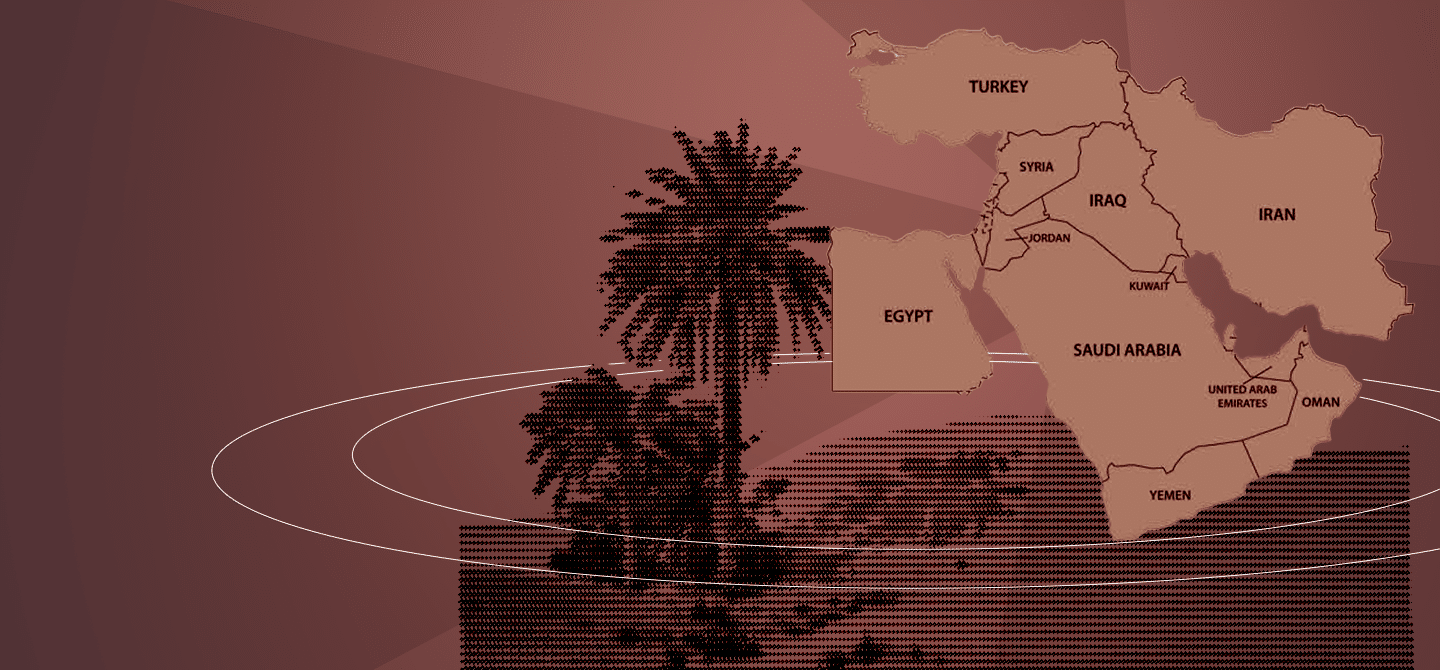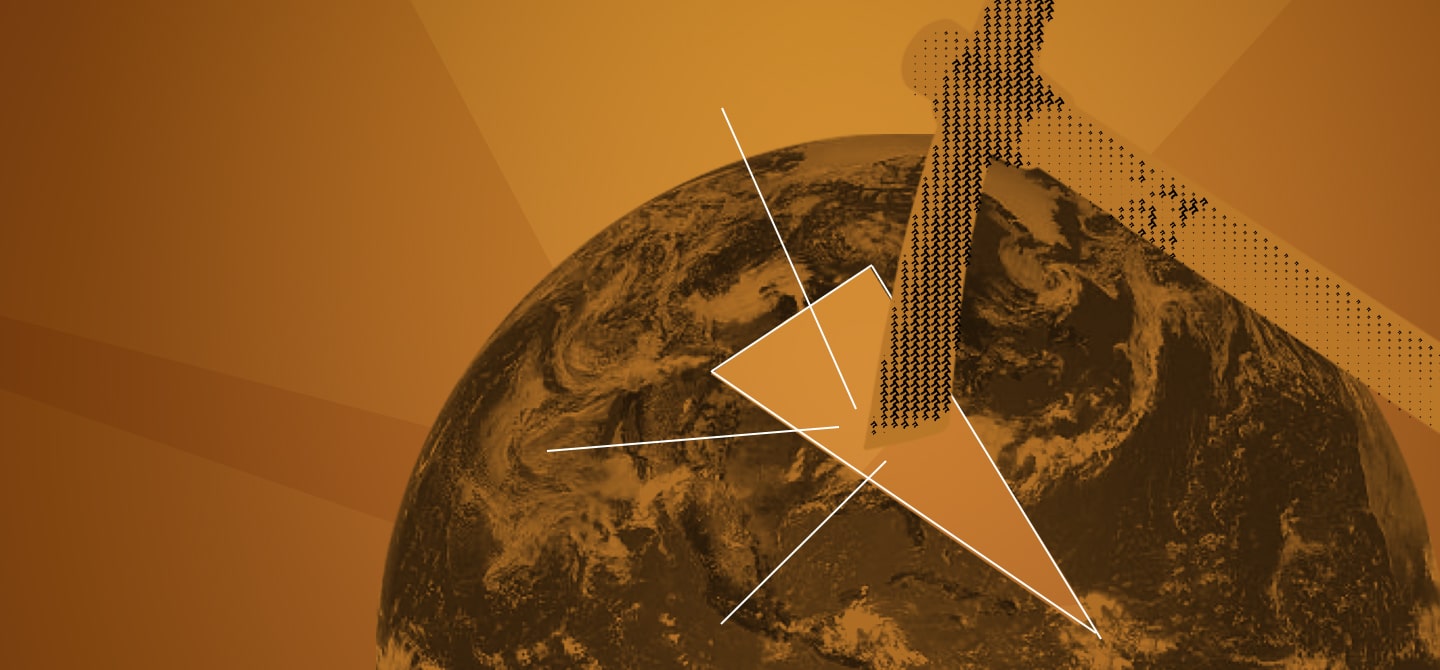War in Ukraine : how to forecast the impact on the world economy ?
- Germany is the country most affected by the Russian invasion, with a loss of 1.1 points of GDP, compared to a loss of 0.4 points for France.
- World trade fell by 0.7 points in volume, and world industrial production by 0.6 points.
- The evolution of oil, gas and electricity prices would have cut French growth by 1.4 points, but the shock was compensated by fiscal policy.
- By mobilising resources to alleviate the energy crisis, we end up with fewer resources to ensure the environmental transition.
- Rising tensions between the US and China may be a new source of uncertainty, which could have a major impact on global economic activity.
On 24th February 2022, Russia invaded Ukraine. Beyond the direct effects on the countries involved in the conflict, there were numerous economic impacts on other states. Raul Sampognaro, an economist at OFCE (Observatoire français des conjonctures économiques), has worked on the impact of the war in Ukraine on the economic activity of six countries : France, the United States, the United Kingdom, Germany, Italy, and Spain. To do this, the researcher used an indicator that calculates the level of geopolitical risk.
What is the starting point for your study ?
At the OFCE, we make two forecasts a year on the state of the world and French economies. At the beginning of 2022, the war in Ukraine was one of the major shocks for the world economy. We had to try to quantify the impact of this shock on the trajectory of the French economy. In a totally unrelated way, at the beginning of the year, two Italian researchers, Dario Caldara, and Matteo Lacoviello, published a quantitative indicator of geopolitical risk that uses very old and very extensive databases based on press articles, mainly from the English-speaking press, talking about geopolitical risks and tensions. With new techniques in Big Data, they select a dictionary of words related to geopolitics and count the number of articles talking about these subjects. The proportion of articles talking about geopolitics is their measure of geopolitical risk. Furthermore, both researchers manage to create country risk indices. I have therefore reproduced their methodology for the six countries that the OFCE follows, including France.
Is Dario Caldara and Matteo Lacoviello’s geopolitical risk indicator effective ?
If we look at the geopolitical risk index on a global level, the last four significant peaks were the Gulf War in the 1990s, September 11th 2001, the war in Iraq, and the outbreak of the Ukraine war a year ago. These are the massive geopolitical shocks that have been identified by this index since 1985. For the French geopolitical risk index, in the first quarter of 2022 there is an increase of almost 4 standard deviations – a very big change. For Germany, the shock is equivalent to 6 standard deviations, which is explained by the fact that the country is very dependent on Russian fossil fuels. After European countries, there are also China and the United States. This methodology clearly shows the effects and dependencies of the different countries in response to this global shock.
How did you adapt this indicator to calculate the impact of the war in Ukraine ?
I tried to find the correlations of these sudden and unforeseeable evolutions on macro-economic variables. For France, I made a model where this index is correlated with five variables : business investment, GDP, prices, and interest rates. I also added effects on the stock market : the CAC 40.
What are your results ?
In France, the shock is 0.4 points of GDP compared to 1.1 points in Germany. Italy, the United Kingdom, and the United States are next with 0.3 points less. Finally, Spain saw a 0.2 point drop. We have also carried out analyses on the world economy : in terms of volume, world trade – excluding price and commodity effects excluding gas – would have fallen by 0.7 points. World industrial production would have fallen by 0.6 points, which is consistent with the magnitude of the shock in the advanced countries.
In this study, you are specifically interested in the impact of geopolitical risk, leaving aside the effect of the energy crisis…
We have assessed the market relating specifically to clean energy using other tools. According to the model we use, a geopolitical risk shock will reduce investment, which decreases GDP. It is therefore an effect purely linked to uncertainty : players delay or stop certain projects, particularly in the long term – something we quantify as being 0.5 points.
What are the effects of this energy crisis on GDP, according to your forecasts ?
The first major shock in 2022 will be the rise in the price of raw materials and energy. The evolution of the price of oil, gas and electricity would have reduced French growth by 1.4 points, but this shock has been partly compensated by fiscal policy, with many measures to mitigate the consequences of this crisis. We have evaluated the support to French activity of these measures at 0.8. The energy crisis therefore adds 0.6 points of GDP loss in 2022.
The energy crisis adds 0.6 points of GDP loss in France in 2022.
Beyond GDP, the evolution of the price of oil and gas is a deterioration of the terms of trade for France. Consuming so many imported products shows that we need to produce more. INSEE shows that the loss of national income, the nation’s purchasing power, has never been so degraded since the first oil shock in the 1970s. There is an effect of geopolitical tensions, but we must not forget that the primary shock comes from energy.
More generally, what lessons can be drawn from 2022 ?
There is a positive side : we have been able to adapt to the energy shock. On the negative side, international relations are not going to normalise. We are coming out of this sequence with a much larger public debt, we have mobilised a lot of resources to compensate for the energy shock. And implicitly, it is these mobilised resources that would have been useful to facilitate the environmental transition and to subsidise the consumption of fossil fuels. This is the other negative legacy of the sequence : we are leaving with fewer resources for the environmental transition.
With the war in Ukraine continuing, is the geopolitical risk still as great ?
When the new state of the world becomes a certainty, the “uncertainty” argument disappears. Spontaneously, some international trade flows will renormalise, others will remain permanently halted. The 0.5 points of GDP will not be 100% lost, but not 100% recovered either. Furthermore, we are seeing tensions rise between the United States and China, which may have a different quantitative impact on the scale of world production, which was very much oriented towards Asia. There may be a much more massive reconfiguration if these tensions persist. That’s another uncertainty that could impact the decisions of multinational companies in a fairly long-lasting way.















